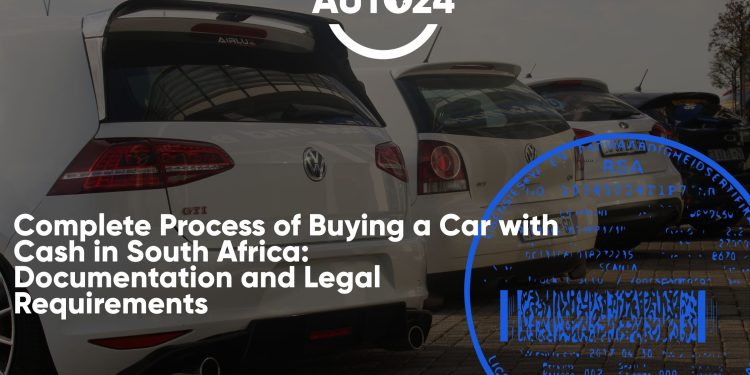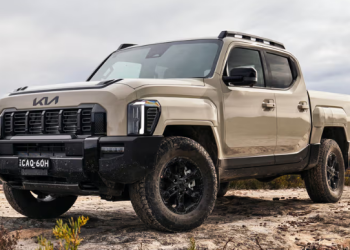Purchasing a vehicle with cash in South Africa is a liberating experience. It removes the complexity of monthly repayments and interest rates, but it doesn’t mean skipping paperwork. If you’re thinking of buying a car outright, this guide will walk you through everything you need — from start to finish.
Step 1: Set Your Budget and Pick Your Car
Even if you’re paying in cash, it’s essential to:
- Factor in hidden costs like licensing, roadworthy testing, and registration fees.
- Set aside an emergency fund for servicing and insurance.
- Choose a car that matches your budget and lifestyle — whether new or pre-owned.
Step 2: Do a Vehicle and History Check
Before making payment:
- Inspect the car physically or through a trusted mechanic.
- Make sure the VIN (Vehicle Identification Number) matches the vehicle’s documents.
- Ask for a NaTIS registration document and service history.
- Use services like TransUnion or FirstCheck to perform a history check for accidents or finance flags.
Step 3: Gather Required Documentation
You’ll need the following:
- Certified copy of your SA ID or passport
- Proof of address (no older than 3 months)
- Completed sales agreement (signed by buyer and seller)
If the seller is a dealership, many of these documents will be prepared for you. For private sales, ensure both parties keep a copy of the agreement.
Step 4: Secure the Payment
Although you’re paying cash, avoid literal cash where possible. Instead:
- Use EFT or bank transfer for security.
- Obtain a signed receipt or proof of payment from the seller.
- Keep all communication in writing or documented for your records.
Step 5: Roadworthy Certificate (RWC)
A roadworthy certificate is mandatory to register a used vehicle. To get one:
- Visit a registered testing station.
- Present the vehicle for inspection.
- Pay the applicable fee (around R500 – R600).
Note: In most cases, the seller is responsible for this if it’s a dealership. In private sales, negotiate who handles this step.
Step 6: Register the Vehicle in Your Name
To do this, visit your nearest licensing department within 21 days of purchase and bring:
- Certified ID copy
- Proof of residence
- Sales agreement / invoice
- Roadworthy Certificate
- NaTIS document
- Notification of Change of Ownership (NCO) Form (blue copy)
- Proof of payment (for record-keeping)
The licensing department will issue:
- A new registration certificate (RC1) in your name
- A new license disc, which must be displayed on your vehicle
Step 7: Get Insurance Before You Hit the Road
Even without a financed car, insurance is essential:
- Compare quotes for comprehensive cover or third-party only, depending on your budget.
- Many insurers now offer pay-per-kilometre options for occasional drivers.
- Provide your new vehicle’s registration and engine number when applying.
Final Thought: Cash is King — When You Play It Smart
Buying a car in cash may seem like a shortcut, but you’ll still need to tick all the legal boxes. By being proactive with documentation, inspections, and payment safety, you’ll avoid unnecessary delays or legal issues.
Whether you’re purchasing privately or through a dealership, use this checklist to own your vehicle confidently and legally in South Africa.





